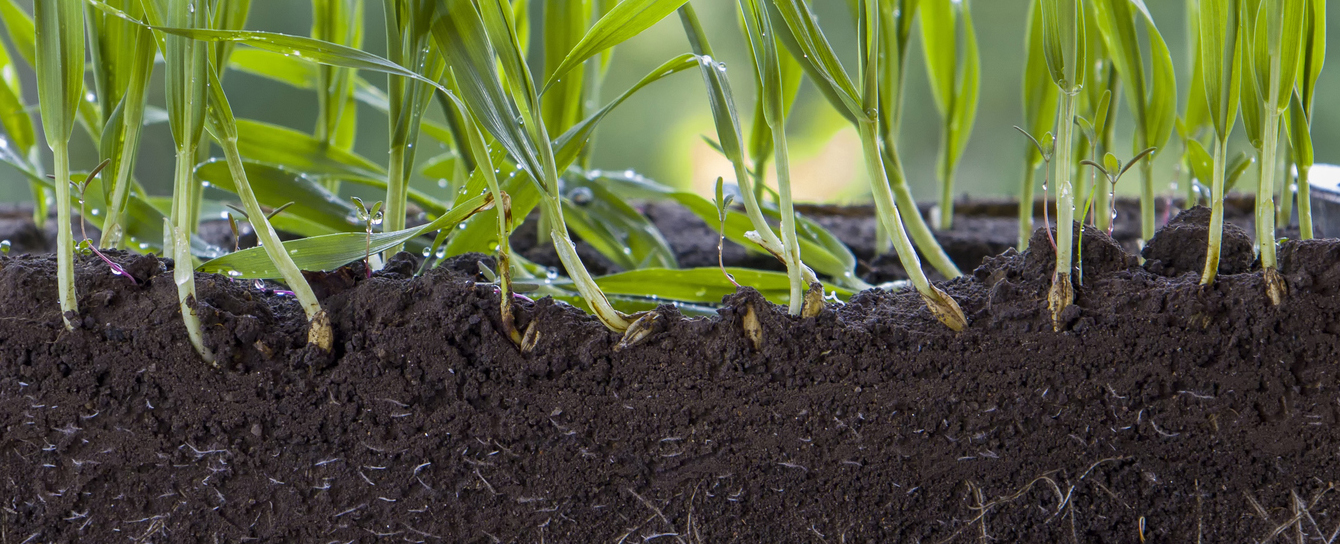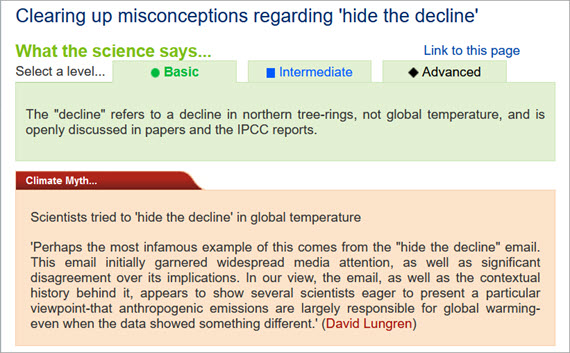Remote Sensing, Vol. 16, Pages 1381: Assessing Groundwater Sustainability in the Arabian Peninsula and Its Impact on Gravity Fields through Gravity Recovery and Climate Experiment Measurements
Remote Sensing doi: 10.3390/rs16081381
Authors: Hussein A. Mohasseb Wenbin Shen Hussein A. Abd-Elmotaal Jiashuang Jiao
This study addresses the imperative to comprehend gravity shifts resulting from groundwater storage (GWS) variations in the Arabian Peninsula. Despite the critical importance of water resource sustainability and its relationship with gravity, limited research emphasizes the need for expanded exploration. The investigation explores the impact of GWS extraction on the gravity field, utilizing Gravity Recovery and Climate Experiment (GRACE) and Global Land Data Assimilation System (GLDAS) data in addition to validation using the WaterGAP Global Hydrology Model (WGHM). Spanning April 2002 to June 2023, this study predicts GWS trends over the next decade using the Seasonal Autoregressive Integrated Moving Average (SARIMA) model. The comprehensive time-series analysis reveals a significant GRACE-derived groundwater storage (GWS) trend of approximately −4.90 ± 0.32 mm/year during the study period. This trend has a notable impact on the gravity anomaly (GA) values, as observed through the decomposition analysis. The projected GWS indicates a depletion rate of 14.51 km3/year over the next decade. The correlation between GWS and GA is substantial at 0.80, while the GA and rainfall correlation is negligible due to low precipitation rates. Employing multiple linear regression explains 80.61% of the variance in gravity anomaly due to GWS, precipitation, and evapotranspiration. This study investigates climate change factors—precipitation, temperature, and evapotranspiration—providing a holistic understanding of the forces shaping GWS variations. Precipitation and evapotranspiration exhibit nearly equal values, limiting GWS replenishment opportunities. This research holds significance in studying extensive GWS withdrawal in the Arabian Peninsula, particularly concerning crust mass stability.

 2 weeks ago
19
2 weeks ago
19


